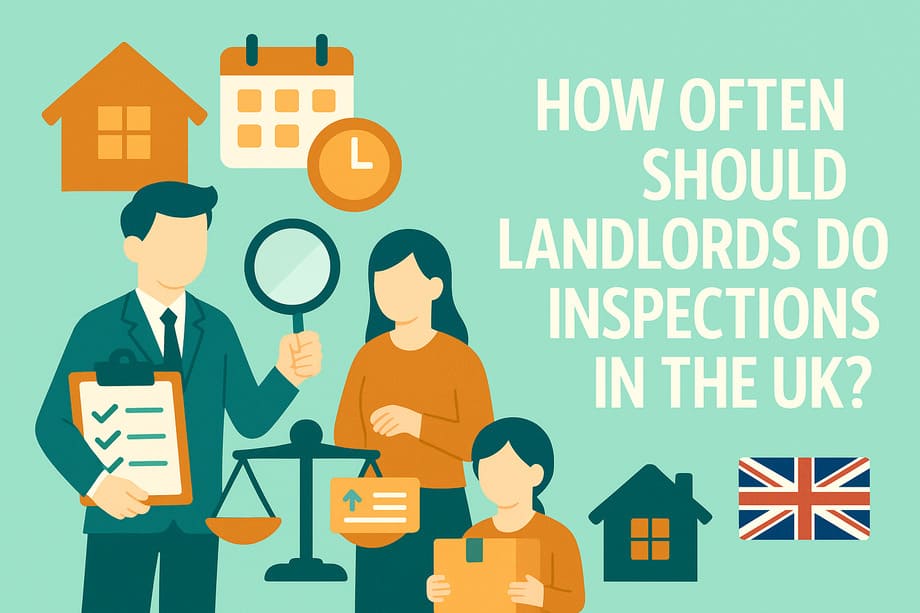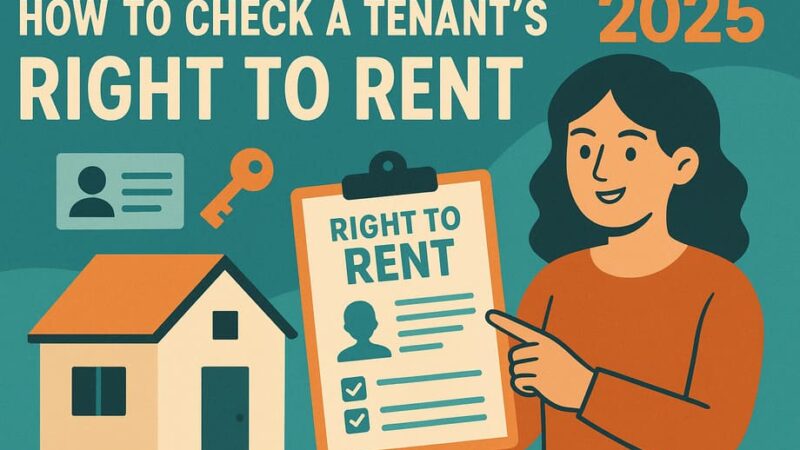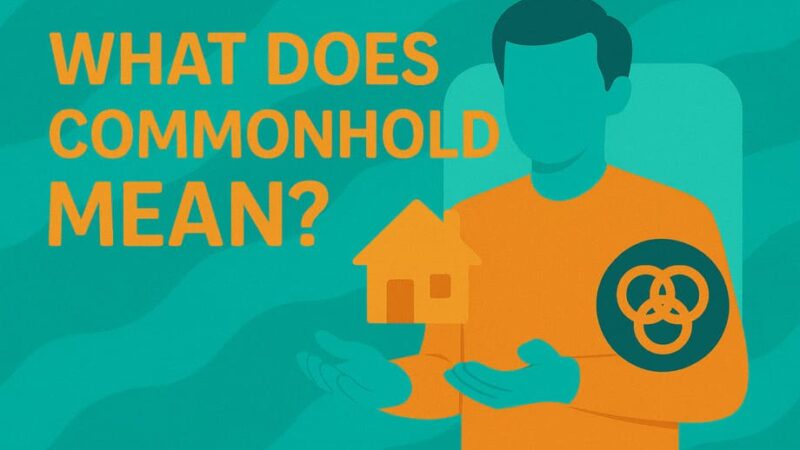How Often Should Landlords Do Inspections in the UK?

If you’re a landlord in the UK, property inspections are one of the best tools for protecting your investment. They allow you to check the condition of your rental, spot maintenance issues before they become costly, and ensure your tenants are looking after the property.
But how often should landlords carry out inspections? Do the rules set a limit, and how can you avoid being accused of harassment? Let’s break it down.
Are Landlord Inspections a Legal Requirement?
There’s no strict law that says you must carry out a certain number of inspections per year. However, landlords do have a legal responsibility to:
- Keep the property safe and in good repair.
- Respond to repair requests promptly.
- Meet health and safety standards (gas, electrical, fire safety).
Carrying out inspections is the most practical way to meet these duties. Too few, and you risk missing problems; too many, and you risk damaging the landlord-tenant relationship.
How Often Should Inspections Be Done?
Most experts and landlord associations recommend every 3 to 6 months. Here’s a breakdown:
- First inspection → around 3 months after a new tenant moves in. This helps you catch any early issues and build trust.
- Ongoing inspections → once every 3–6 months. The exact frequency depends on the tenant, property condition, and any concerns raised.
- Long-term reliable tenants → you might reduce to annual checks if the property is well maintained.
Inspections more frequent than every 1–2 months are often seen as excessive and could be challenged as harassment.
Factors That Influence Frequency
Not all properties or tenants are the same. Consider these factors:
- New tenants → check sooner to make sure everything is going smoothly.
- High-risk properties → HMOs, student lets, or homes with pets often need more frequent checks.
- History of issues → if a tenant has previously caused damage or missed rent, you may wish to inspect more often (within reason).
- Well-kept homes → responsible tenants in a good condition property may only need annual inspections.
Notice Periods and Tenant Rights
Under UK law, landlords must:
- Give at least 24 hours’ written notice before entering the property.
- Visit at a reasonable time of day.
- Respect the tenant’s right to “quiet enjoyment.”
If tenants refuse entry, you can’t simply force your way in. Instead, keep written evidence of attempts and seek legal advice if you suspect a breach of tenancy.
What to Check During an Inspection
Inspections shouldn’t take more than 20–30 minutes. A good checklist includes:
- General condition of walls, floors, and ceilings.
- Signs of damp, mould, or leaks.
- Smoke alarms and CO alarms.
- Appliances and electrics.
- Outdoor spaces, gutters, and roofs.
- Cleanliness and general upkeep.
Want a ready-made checklist? Use our Free Landlord Property Inventory Template UK to record everything properly.
Balancing Inspections and Tenant Relations
Tenants often see their rental as “home,” so repeated visits can feel intrusive. To keep relationships positive:
- Communicate clearly – explain why inspections are needed.
- Stick to agreed schedules – don’t “drop in” without notice.
- Offer flexibility – weekends or evenings if tenants work.
- Thank tenants for maintaining the property well.
A professional, respectful approach helps prevent disputes and encourages tenants to stay longer.
FAQ
How often should landlords do inspections in the UK?
Best practice is every 3–6 months, with the first inspection around 3 months after move-in.
Is there a law on landlord inspections?
No fixed law on frequency, but landlords must give 24 hours’ notice and carry out inspections at reasonable times.
Can a landlord do monthly inspections?
Yes, but it risks being considered harassment unless there’s a clear reason (e.g., serious ongoing issues).
Can tenants refuse a landlord inspection?
Yes, tenants can refuse entry. In that case, landlords should document attempts and seek legal guidance.
What happens if I don’t do inspections?
You might miss damage, damp, or safety issues, which could lead to expensive repairs or disputes at the end of tenancy.
Final Thoughts
Landlord inspections are about finding the right balance, frequent enough to protect your property, but not so frequent that tenants feel harassed. A first inspection at 3 months, followed by checks every 3–6 months, is generally considered best practice in the UK.
With proper notice, a clear checklist, and respect for tenant rights, inspections help keep your rental safe, compliant, and profitable.
Last Updated on September 23, 2025 by James Cartwright







